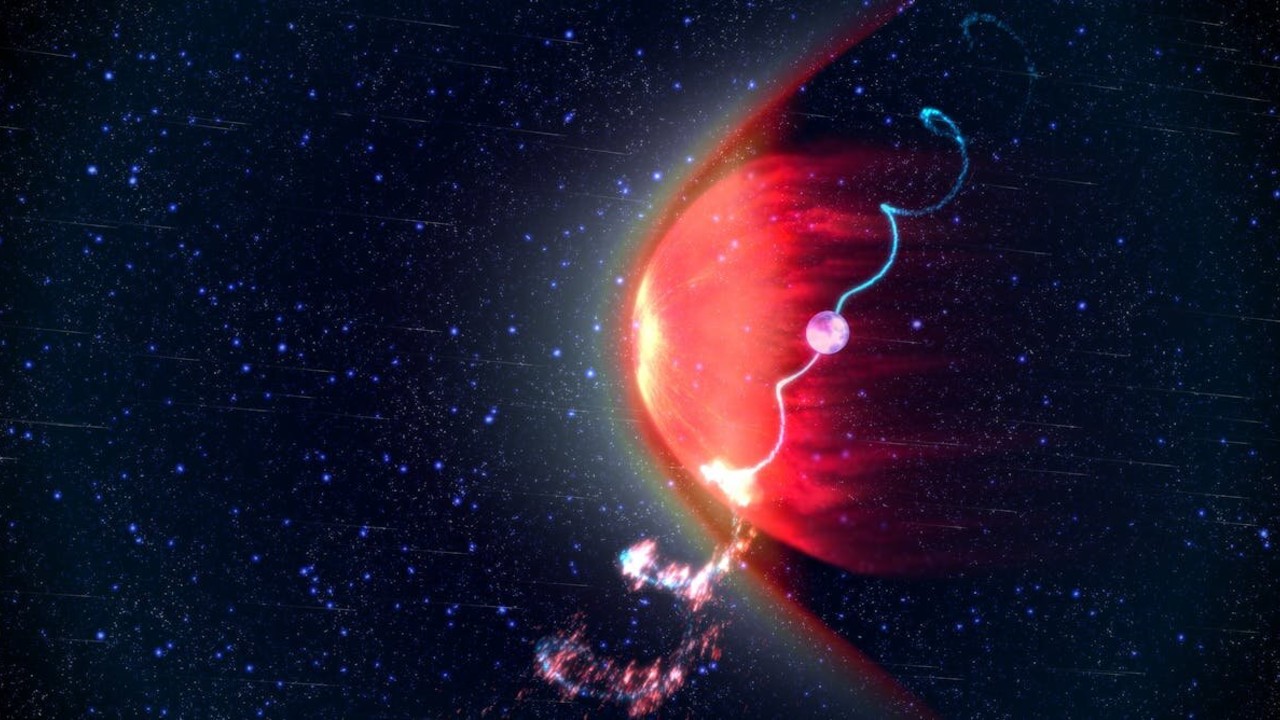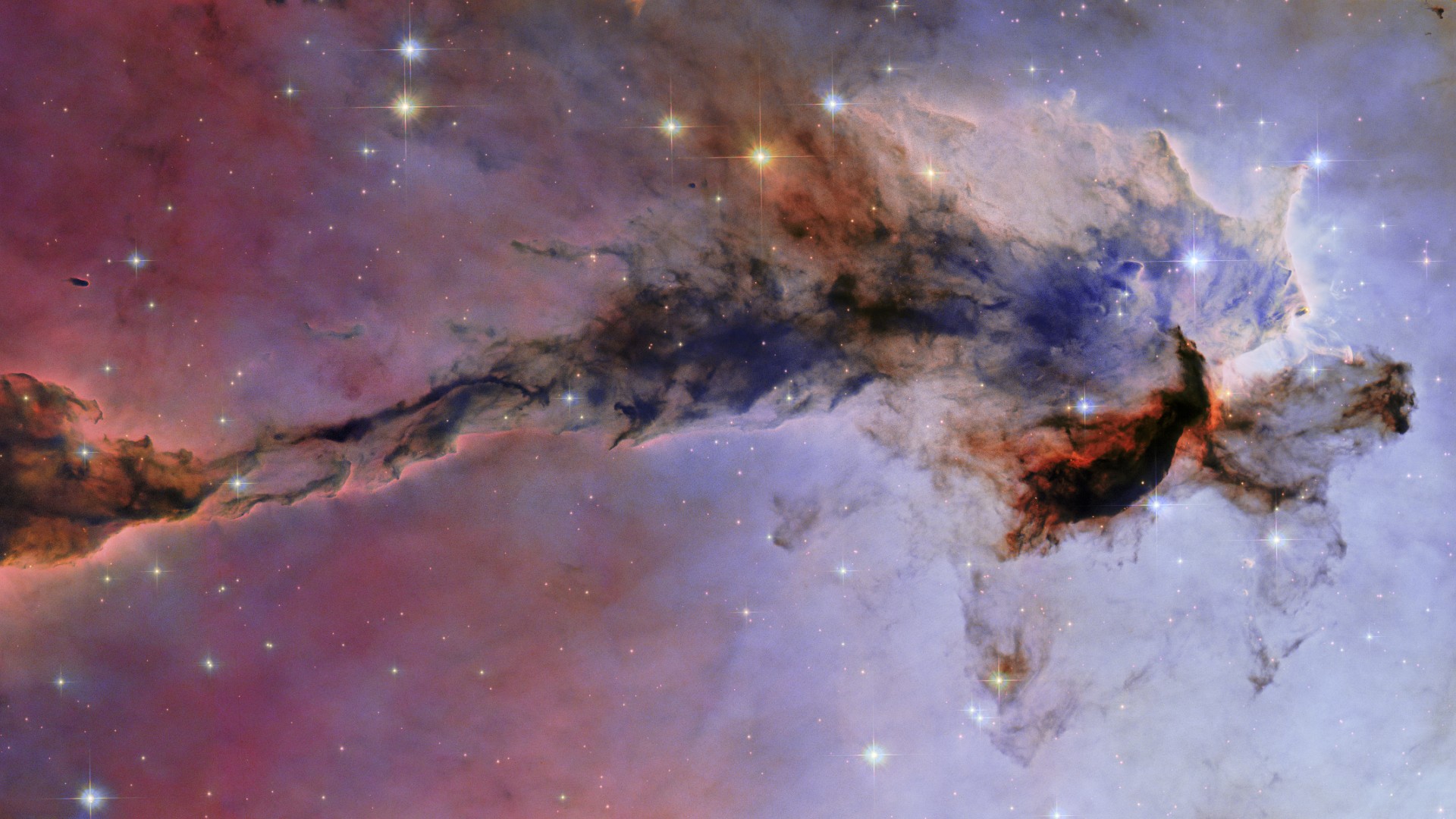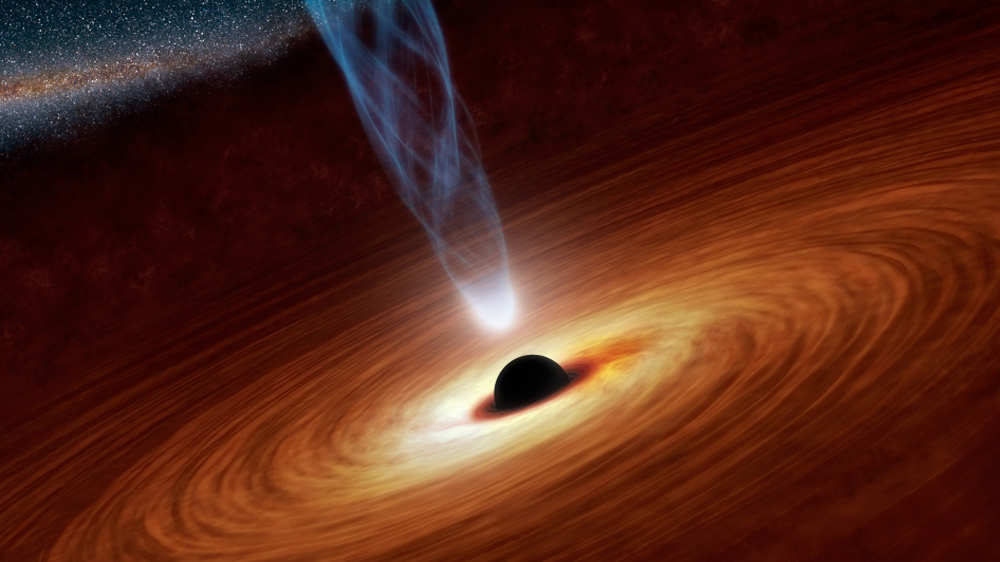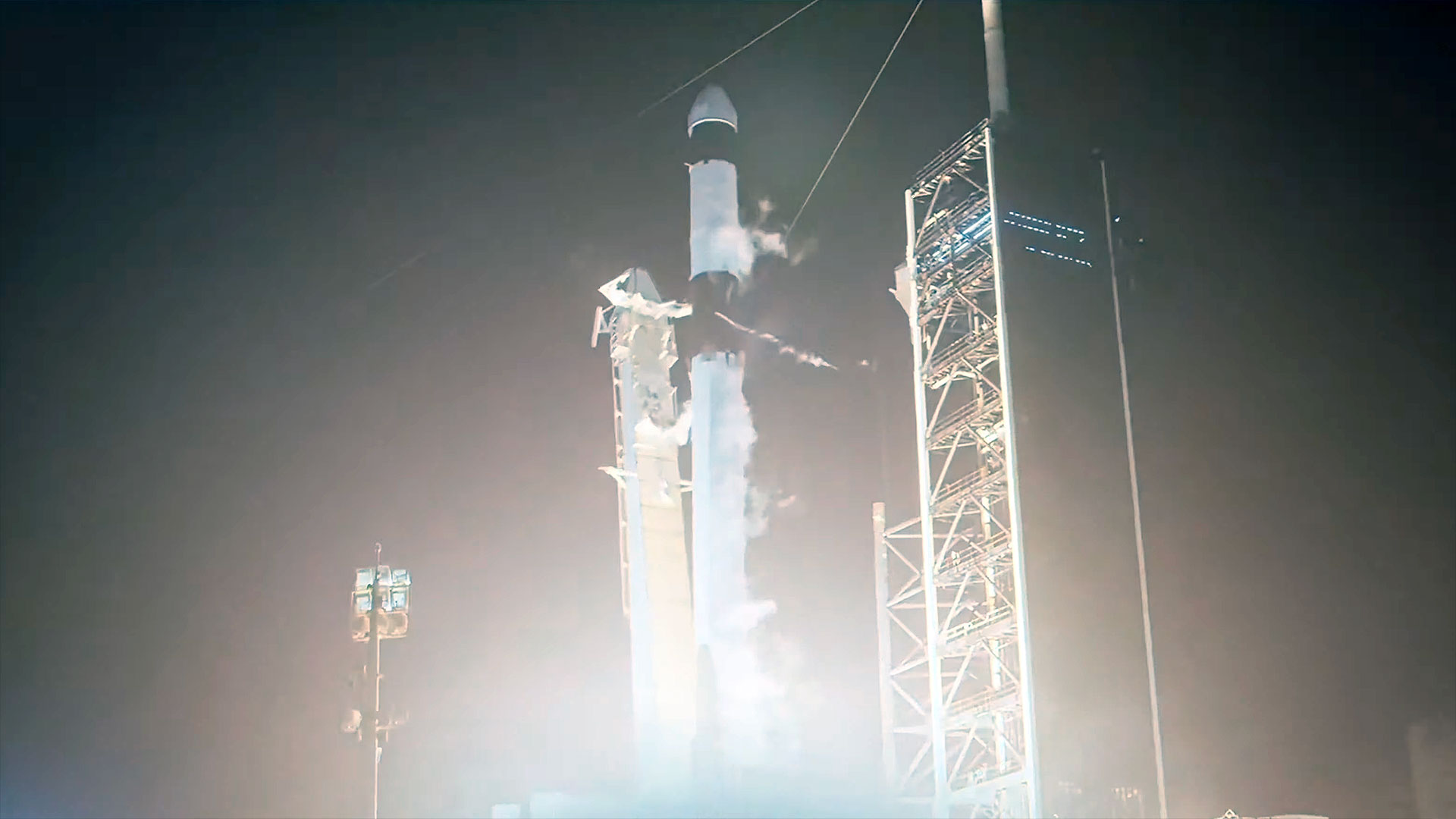NASA to Pay Russia Another $490 Million to Fly Astronauts on Soyuz Spacecraft
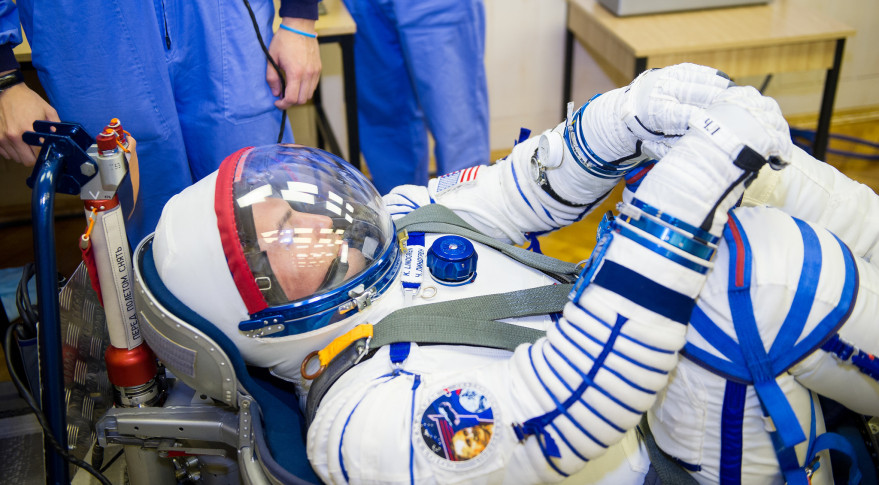
WASHINGTON — NASA formally notified Congress Aug. 5 that it is issuing a $490 million extension of an existing contract to purchase Soyuz seats from the Russian space agency, saying that it was forced to do so because of cuts in the agency's commercial crew program.
"I am writing to inform you that NASA, once again, has modified its current contract with the Russian government to meet America's requirements for crew transportation services," NASA Administrator Charles Bolden wrote in the letter to the House and Senate committees that oversee NASA. "Under this contract modification, the cost of these services to the U.S. taxpayers will be approximately $490 million."
The agency's plan to procure additional Soyuz seats is not a surprise. In February, NASA announced its intent to extend its contract with Roscosmos to purchase six Soyuz seats for flights in 2018. NASA said at the time it needed to make a decision now on the 2018 Soyuz seats, even though it anticipated having commercial crew vehicles in service by then, because of the three-year lead time for Soyuz flights.
NASA had not previously disclosed the $490 million price of the 2018 contract extension, which works out to $81.7 million per seat. That amount is 7 percent higher than the $458 million NASA paid Roscosmos for the same number of Soyuz seats in 2017.
That contract extension, Bolden argued in the letter, would have been unnecessary had Congress funded the program at the levels requested by NASA since 2010. "Unfortunately, for five years now, the Congress, while incrementally increasing annual funding, has not adequately funded the Commercial Crew Program to return human spaceflight launches to American soil this year, as planned," he wrote.
That debate about commercial crew funding has continued to the agency's 2016 budget request. While NASA asked for $1.243 billion for the program, an appropriations bill passed by the House in June provides $1 billion to the program, while a bill awaiting consideration by the full Senate gives the program $900 million.
Bolden, as he and other NASA officials have done in recent months, warned in the letter that a shortfall of funding in 2016 would result in development delays for the two companies NASA has under contract, Boeing and SpaceX. Specifically, he wrote the funding levels proposed in the House and Senate bills "would likely result in funds running out for both contractors during the spring/summer of [fiscal year] 2016." That, he warned, would require renegotiation of those contracts, "likely resulting in further schedule slippage and increased cost."
Get the Space.com Newsletter
Breaking space news, the latest updates on rocket launches, skywatching events and more!
Bolden, though, took a conciliatory tone in the letter to Congress. "I am asking that we put past disagreements behind us and focus our collective efforts on support for American industry," he wrote, "to complete construction and certification of their crew vehicles so that we can begin launching our crews from the Space Coast of Florida in 2017."
NASA previously stated it will make alternative use of the Soyuz seats it is procuring for 2018 even if one or both commercial crew providers are certified to begin flights by then. "Soyuz vehicles procured under this action may then be utilized to ensure proper launch cadence or to augment future ISS operations and research," the agency said in a March 19 procurement statement, although commercial crew vehicles "will become NASA's primary transportation source to the ISS."
This story was provided by SpaceNews, dedicated to covering all aspects of the space industry.
Join our Space Forums to keep talking space on the latest missions, night sky and more! And if you have a news tip, correction or comment, let us know at: community@space.com.

Jeff Foust is a Senior Staff Writer at SpaceNews, a space industry news magazine and website, where he writes about space policy, commercial spaceflight and other aerospace industry topics. Jeff has a Ph.D. in planetary sciences from the Massachusetts Institute of Technology and earned a bachelor's degree in geophysics and planetary science from the California Institute of Technology. You can see Jeff's latest projects by following him on Twitter.

